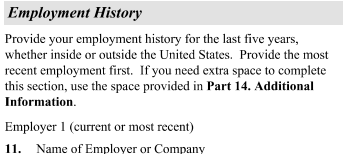When researching this topic, I couldn't find any specific regulation, instruction, or policy that requires a U.S. citizen sponsor to be a tax resident of the U.S. when USCIS evaluates Form I-134 as part of the overall AOS process. It seems that the focus is more on demonstrating financial capability and commitment, regardless of where the sponsor resides. This might be something USCIS considers as part of the totality of the evidence, including how "easily" the sponsor meets the financial requirements.
Given that Form I-134 is rarely used in the U.S. immigration system, and DV AOS cases at USCIS are even rarer, I’m wondering if the officer would even notice my sponsor's expat status (similar to cross-chargeability). My uninformed opinion is that USCIS's primary concern is whether the sponsor has the financial means to support me and is committed to doing so. This can be shown through U.S. tax returns, which always have a U.S. address, W-2s and pay stubs issued by a U.S. employer with a U.S. address, dividend income from U.S. banks/brokerages, and the fact that the sponsor’s wife (in a joint tax return) lives and works in the U.S., etc. In short, it's not immediately obvious from the tax filings that he's temporarily located outside the U.S.
1. Am I missing any specific regulation, instruction, or policy that requires the U.S. citizen sponsor to have tax residency in the U.S.?
2. Am I taking a big risk or a relatively minor one by using this sponsor?
3. Should I ask my sponsor to write an affidavit (in addition to I-134 and supporting evidence) reinforcing his commitment and affirming that he will return to the U.S. by December 2025, or should I just let sleeping dogs lie?

